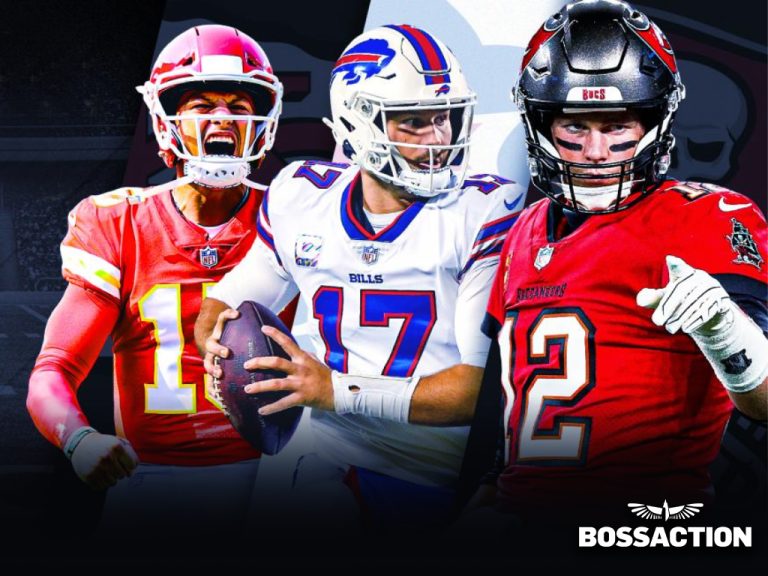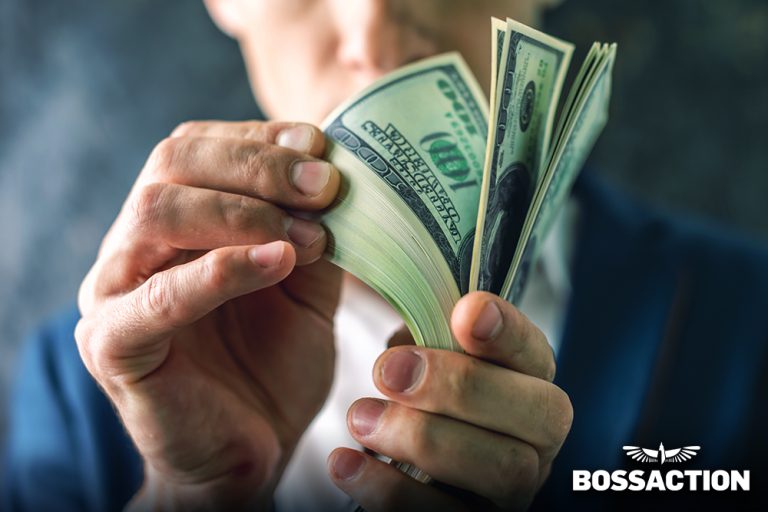Whether in person or online, a casino, arcade, the lottery, and even bookmakers have a fine line they must navigate that is made by themselves or as part of an overall business. So, how do bookmakers make their money?
Here is where they can decide what market to partake in and when.
Considering that the gambling and betting activities industry is said to be £14.7 billion, there isn’t a lack of funds out there.
Transaction fees or vigs are where they make their money in terms of a profit margin.
Read on to find out how bookmakers make money, how they set their profit margins, and the types of bookmakers you’re likely to see.
How Do Bookmakers Make Money
Setting The Odds
Whatever betting shop you’ve gone to, there’s a certainty that you’ll find fixed odds for a whole host of sports, and these simple fractions generate the market.
Even though most business takes place online, there are still calculations being made to determine their profit margin, so for 2/1 odds, the calculation is +100/(2+1/1), which equals a 33% chance of a bettor getting their desired outcome.
However, setting odds aren’t always that simple, so for more complicated bets, you might find percentages from a football match look something like this:
- Home team to win- 11/10, or 47.62%
- Draw- 9/4, or 30.77%
- Away team to win- 5/2, or 28.57%
This gives you a total of 106.96%, and as the components are over 100%, this sets a slight profit margin of 6.96%, so the goal of a bookmaker is to take bets on each side that reflect a probability and realise a profit.
Changing The Odds
As part of this calculation, say there are many matches on the weekend.
If so, it might be possible that the odds change as it gets closer to the fixtures and is more likely to occur in popular and broader markets where more bets are being made.
This can occur for many reasons, such as player injuries, line-up changes, personal issues, or book balancing, where a bookie mitigates their losses from an increasingly likely outcome.
Even with this, the house wins even if they artificially lengthen the odds of another outcome.
This can be beneficial to bookies as some people take an early stake in a game by cashing out on less-improved odds, so a bookmaker saves on the payout, whatever the size, and retains that initial profit margin.
Type Of Market
While the concept is to get more funds than what is paid out, this methodology is similar in other markets.
So while the above example gives you an idea of fixed odds, other types of betting have different forms of stake and even payout.
Exchange
This provides the structure for peer-to-peer betting, so you have wagers that bet on something happening and other layers who want to bet on something not occurring.
As for a match, these can be at a mutually beneficial price, partially matched, or not matched at all, and you’ll see a lay price and back price.
However a bettor wants to put their bet, a bookmaker doesn’t profit as much from this except the commission on winning bets.
Spread
Like in financial markets, this type of betting involves a bookie making a spread and the bettor wagers if the outcome will be lower or higher than the spread.
You can find these displayed as two numbers; the trader can buy the higher and sell at the lower.
This will have many fine margins as if betting on goals scored, the figure could be something like 3.3, so a bettor has to decide if they want to buy at the higher amount if they think more goals will be scored.
As for the bookie, they make their money from the difference in the stake and payout, which can cause fluctuations based on buy and sell stakes.
Accumulators
These types of bets have become popular with casual players as they generally have a lower amount to enter into your selections.
With any practice like this, there is always a degree of risk, especially when looking at what is on offer.
For example, a betting site or bookmaker might give you a minimum selection, so the more you need to set up, the more risk you have of one of these results not going your way.
The more markets associated with each sport, the more you can add to them, making it riskier when deciding when to cash out or not.
Draw No Bet
You can use this bet separately, or you can use it in combination with an accumulator, which gives you a level of security if you think a match will be edged by one team over the other.
Here you’re only predicting who will win over how many goals are scored.
This can be a safer option as you keep everything if the match ends up as a draw. The odds are lowered, so the bettor’s overall profits are curbed slightly.
In the UK, you are limited to what sports you can use this in, even though it is a popular market for football fans.
This is similar to how handi-cap bets work as the odds, though they are displayed slightly differently, can give you a similar result except with better odds.
The Knowledge Of Bookmakers
Sometimes, the outcomes of any sport in these terms significantly impact a bookmaker’s business model.
This means that analysis when generating odds or spreads is done so in a calculated way.
Some larger businesses may use machine learning to factor in past data and risks, so they can use these to make decisions in future bets of the same type.
They may even use applications that follow matchups and updated lines.
Some bookmakers, though, use maths to make the book or odds, which include their profit margin.
Whatever the outcome, the bookmaker has the upper hand and can adjust this to recover any losses that they could potentially lose.
You might even see examples of some bookmaking services limiting what people can bet if they find that some players are abusing promotions and bonuses and preventing a curve where a player might have an advantage over the bookie.
What About Promotions And Offers?
While these offers can be useful for those who are new to betting by giving them a betting bonus or free bets when they sign up for a website, there is a chance that when you use these welcome bonuses, the odds or spread might not be as hopeful as you are looking for.
Whenever you see an introductory offer, have a look at the terms and conditions of the offer to see if there are any minimum stakes you have to make, markets you can enter, and other general rules for the offer to be valid.
The Value Of Statistics
Some bettors will argue that however much research you are doing into a team or sport before placing the wager can have no effect on the overall win that the bookie will make in their profit margin.
Statistics can be used in this way to make smarter decisions on where to place a bet, even though you may know a lot about a team or sport and develop a strategy to minimise the risk.
This can give you a slight advantage, though this may be more useful for those who are looking to make a good profit compared to casual bettors.
How Do Bookmakers Make Money Conclusion
As you can see, a bookie can determine how odds can work into their profit margins as they continue to use advanced systems to measure outcomes and keep things moving across many kinds of betting.
You May Also Like:



